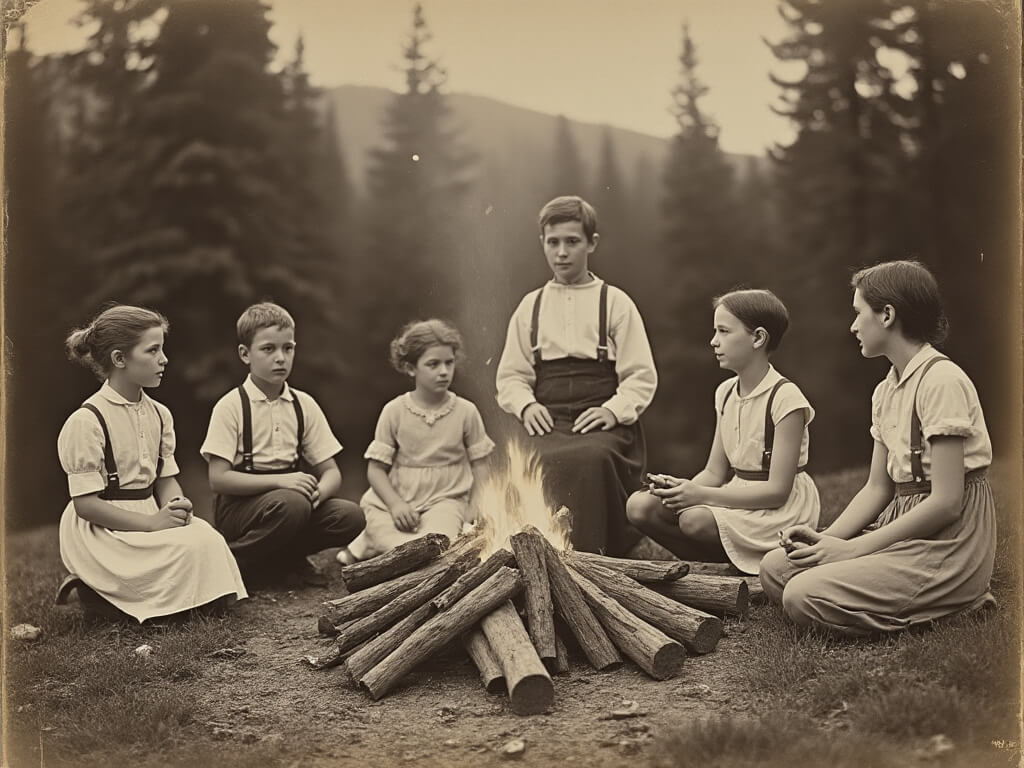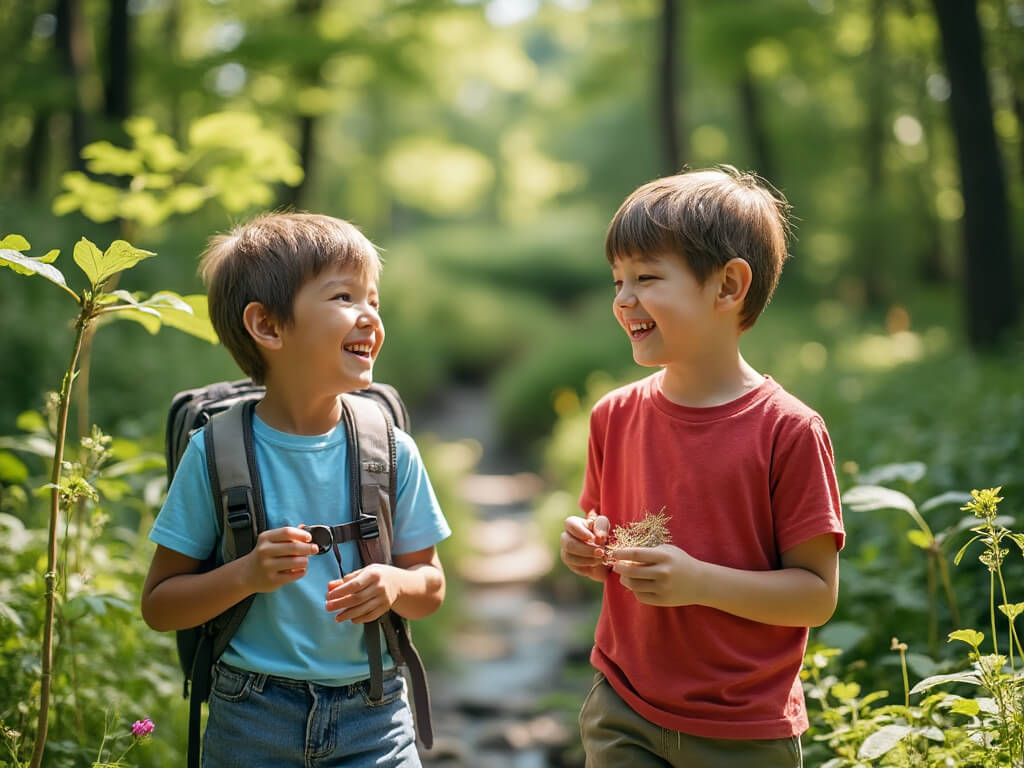Why Summer Camps Matter: A Tradition That Transcends Generations
Think back to your childhood or imagine the classic image of summer camp—campfires crackling under a starry sky, laughter echoing from a game of capture the flag, friendships formed over shared challenges and triumphs. Summer camps aren’t just a fun way to spend a few weeks—they’re a uniquely transformative experience that has shaped generations of kids and continues to evolve in fascinating ways.
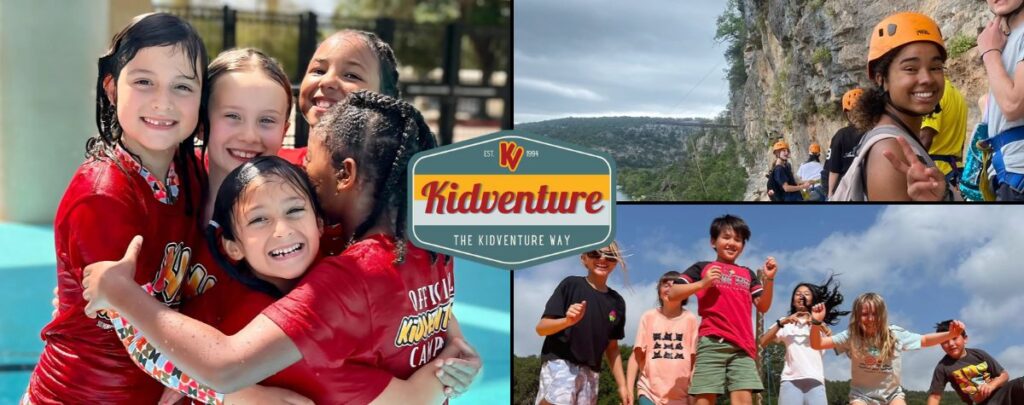
From their humble beginnings in the 19th century to their role in empowering today’s youth, summer camps are more than just a place to unplug from the world. They’re spaces where kids connect with nature, learn independence, and explore their potential.
Let’s take a journey through the history, culture, and future of summer camps—and uncover why they’ve been a cornerstone of childhood for nearly two centuries.
The Origins of Summer Camps
Ever wonder how summer camps got their start? Picture a time when cities were booming, kids were stuck indoors, and families were desperate for a solution. Enter the 19th-century pioneers who believed the great outdoors was the antidote. The first summer camps were born out of this need to reconnect kids with nature and instill values like independence and resilience.
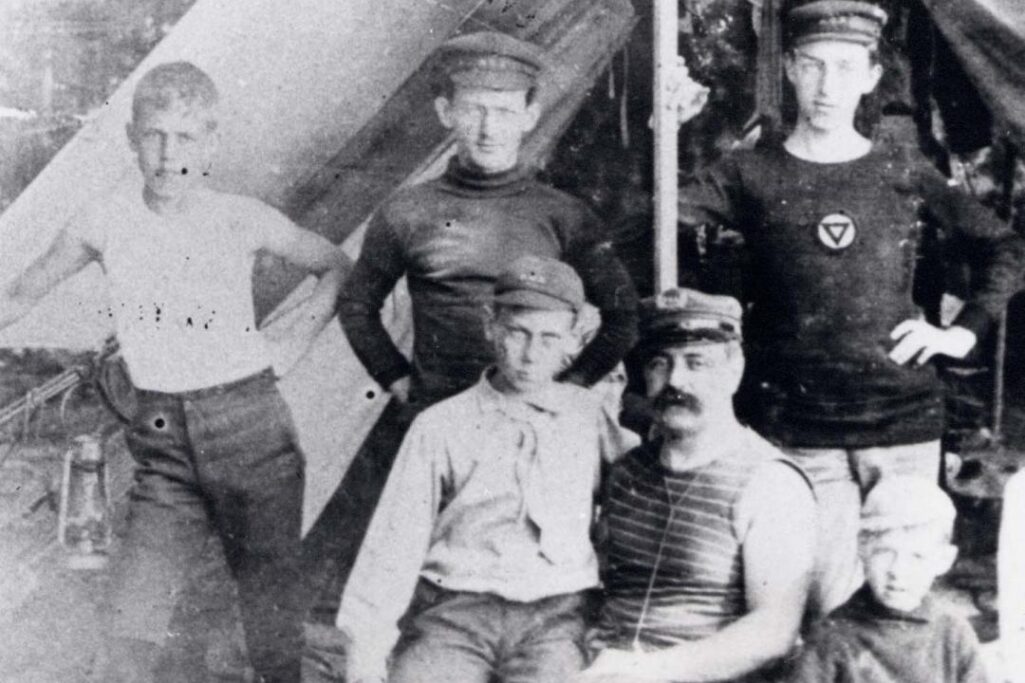
Step Back to the 19th Century
The very first summer camp in the United States was started in 1861 by Frederick W. Gunn, a school principal and ardent believer in the transformative power of nature. Gunn’s camp, located at Lake Waramaug in Connecticut, emulated the camp life of Civil War soldiers. It was an extension of his school, The Gunnery, where older students were encouraged to hunt and fish in the forest on weekends.
Gunn’s approach to summer camp wasn’t just about recreation—it was about education. He believed in the power of “manly play” to develop physical vigor, moral strength, and social skills. As noted in A Cyclopedia of Education (1911):
“All-round manly development demands sturdy work and manly play, each with its own special contribution of moral power, physical vigor, and experience in social relations. The summer camp supplements the city school and the home by furnishing certain educational advantages, which the home no longer affords, and the city school cannot provide in adequate measure.”
Early Camps for Boys and Girls
By the 1880s, summer camps for boys were growing in popularity, largely as a response to the challenges of urban living. Cities were viewed as detrimental to children’s development, and camps offered a much-needed escape. The YMCA entered the scene in 1882, introducing camps that combined the physical rigors of outdoor life with daily prayer meetings. This movement, known as Muscular Christianity, was championed by figures like President Theodore Roosevelt, who famously promoted “the strenuous life” as essential to building strength and courage.
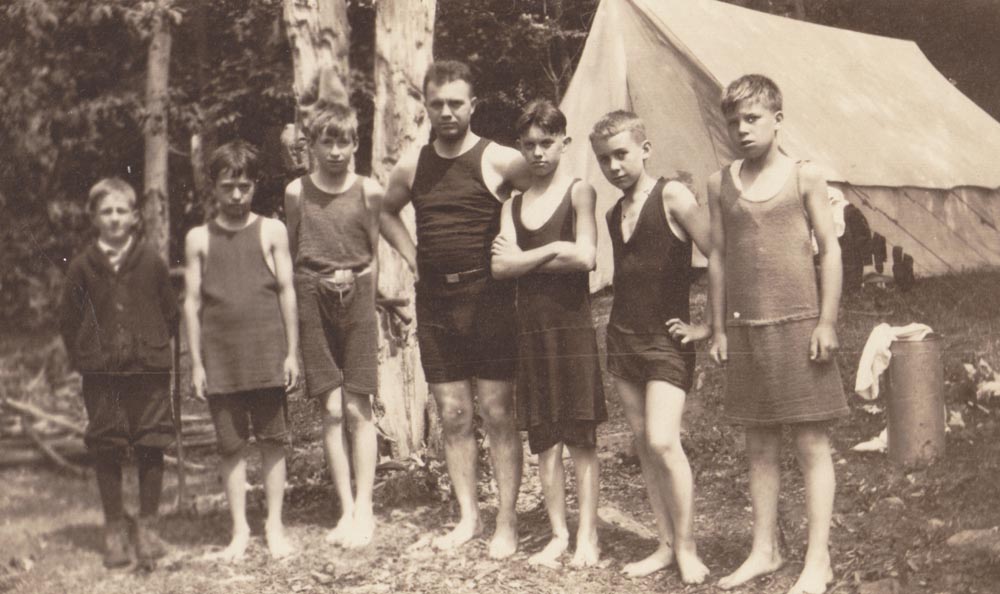
Girls didn’t wait long to join the summer camp movement. By 1900, camps specifically for girls began popping up, and by 1910, over 100 camps were serving roughly 5,000 young women. The Camp Fire Girls was founded in 1911, followed by the Girl Scouts in 1912. These programs emphasized independence, outdoor skills, and character development—values that mirrored those taught to boys.
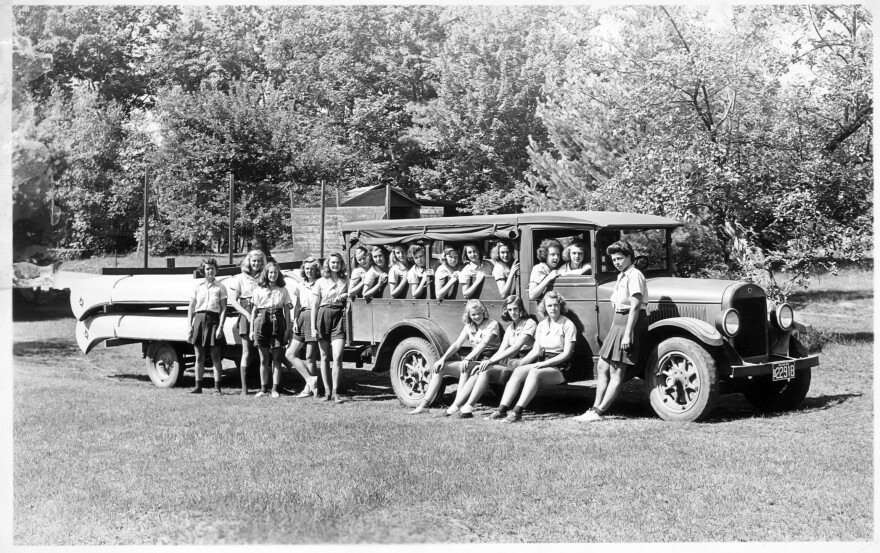
A Cultural Shift in Childhood
Camps didn’t just emerge—they reshaped how society viewed childhood. In the words of Dr. Winthrop Talbot in The Psychological Clinic (1908):
“The camp teaches impressively that moral degeneration may be a result of oxygen starvation and lack of training the hands to do useful things. In the camp, in the outing or farm school, we find the solution of many of our most difficult moral problems.”
By combining physical activity, outdoor exploration, and moral development, camps became a powerful response to the industrial age’s challenges. They offered children not just a reprieve from city life but a pathway to a more balanced and enriched upbringing.
Ever wonder how summer camps got their start? Picture a time when cities were booming, kids were stuck indoors, and families were desperate for a solution. Enter the 19th-century pioneers who believed the great outdoors was the antidote. The first summer camps were born out of this need to reconnect kids with nature and instill values like independence and resilience.
How Summer Camps Have Evolved
A Tradition That Never Stands Still
Camps have come a long way since the days of tents and campfires. As society changed, camps evolved to meet new needs and interests. From day camps designed for city kids to specialty programs for everything from coding to conservation, camps now offer something for every child. And yet, they still hold on to the traditions that make them magical.
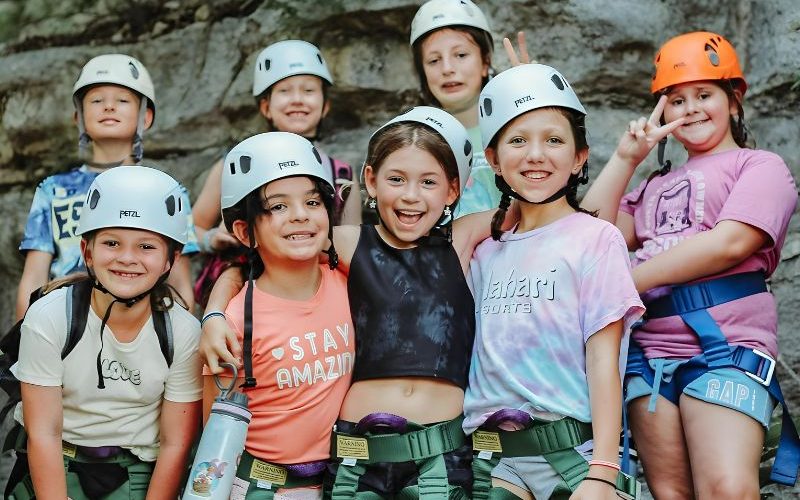
Day Camps and Overnight Camps: A Tale of Two Experiences
As camps grew in popularity, they split into two main formats: day camps and overnight camps.
- Day camps brought the camp experience to urban families, giving kids a taste of adventure while allowing them to return home each evening.
- Overnight camps offered a deeper, immersive experience, teaching kids independence and building lifelong friendships.
Specialty Camps: More Than Marshmallows
In the 20th century, camps began branching out to meet the diverse interests of children. This led to the rise of specialty camps, where kids could focus on everything from robotics and performing arts to sports and environmental stewardship.
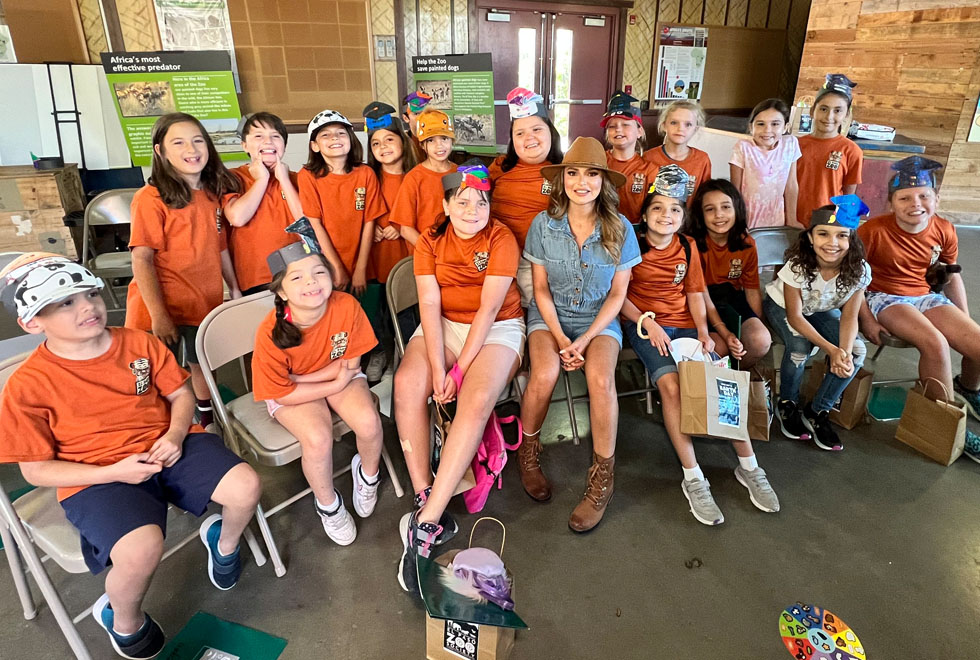
One standout has been environmental advocacy camps, which became popular in the 1970s as awareness of sustainability grew. These camps go beyond nature hikes—they teach kids about conservation, eco-friendly practices, and the importance of protecting our planet.
Camps and Social Change
Camps have also played a pivotal role in addressing societal issues. They’ve been platforms for youth empowerment, encouraging leadership, activism, and community engagement. From supporting social justice initiatives to creating inclusive spaces for all children, camps have adapted to reflect the values and challenges of their times.
The Unique Culture of Summer Camps
More Than Just Fun and Games
If you’ve ever been to camp, you know it’s not just the activities that make it special—it’s the traditions, the camaraderie, and the culture. From singing iconic camp songs to sharing stories around the campfire, these moments create a sense of belonging and leave a lasting impact on everyone who takes part.
![]()
Iconic Camp Traditions
Camps are full of rituals that feel almost magical—campfire songs, storytelling, and classic games like dodgeball and tug-of-war. These traditions aren’t just about fun; they create a sense of belonging and shared history that campers carry with them for life.
Camp Songs You Might Know:
- “Kumbaya” (1920s): A soulful spiritual song originating from Gullah communities in the American South.
- “Barges” (1940s): A reflective song thought to have been written by Girl Scouts, perfect for quiet nights by the campfire.
- “Do Your Ears Hang Low?” (Traditional): A playful folk song with roots in vaudeville.
- “Boom Chicka Boom” (1960s): A high-energy, call-and-response chant that allows endless creativity.
- “Baby Shark” (1970s): A now-viral hit that has entertained campers for decades.
Each song brings campers together, fostering joy, connection, and a shared sense of tradition.
Camps in Popular Culture
If you’ve ever watched The Parent Trap or Wet Hot American Summer, you know just how much fun camp can be. Summer camps in movies have captured everything from the hilarity of camp pranks to the heartwarming friendships that form along the way.
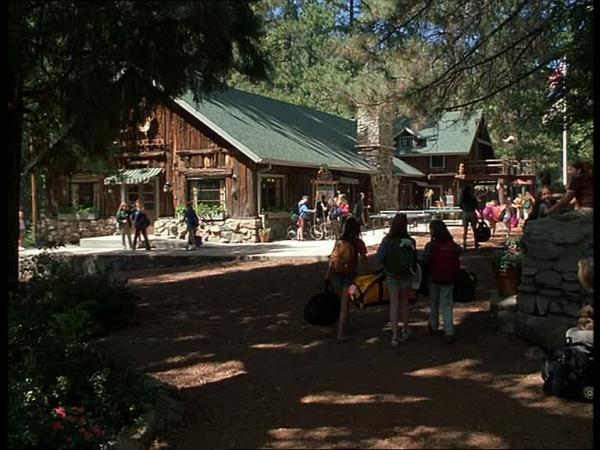
Iconic Summer Camp Movies by Decade:
- 1961: The Parent Trap – The Disney classic about twins who meet at camp.
- 1979: Meatballs – A comedy following the antics of quirky campers and counselors.
- 1980: Friday the 13th – A horror film that cemented camps as an eerie setting.
- 1993: Addams Family Values – The Addams kids wreak havoc at a preppy camp.
- 2001: Wet Hot American Summer – A cult comedy about the last day of camp.
- 2012: Moonrise Kingdom – Wes Anderson’s tale of young love and camp life.
- 2023: Theater Camp – A hilarious look at the chaos and creativity of running a camp.
The Community Impact of Summer Camps
Creating Stronger Communities, One Camper at a Time
Camps aren’t just for kids—they have a ripple effect that strengthens families, neighborhoods, and even entire regions. Whether it’s teaching kids the value of teamwork or boosting local economies, summer camps create lasting benefits that go far beyond the campgrounds.
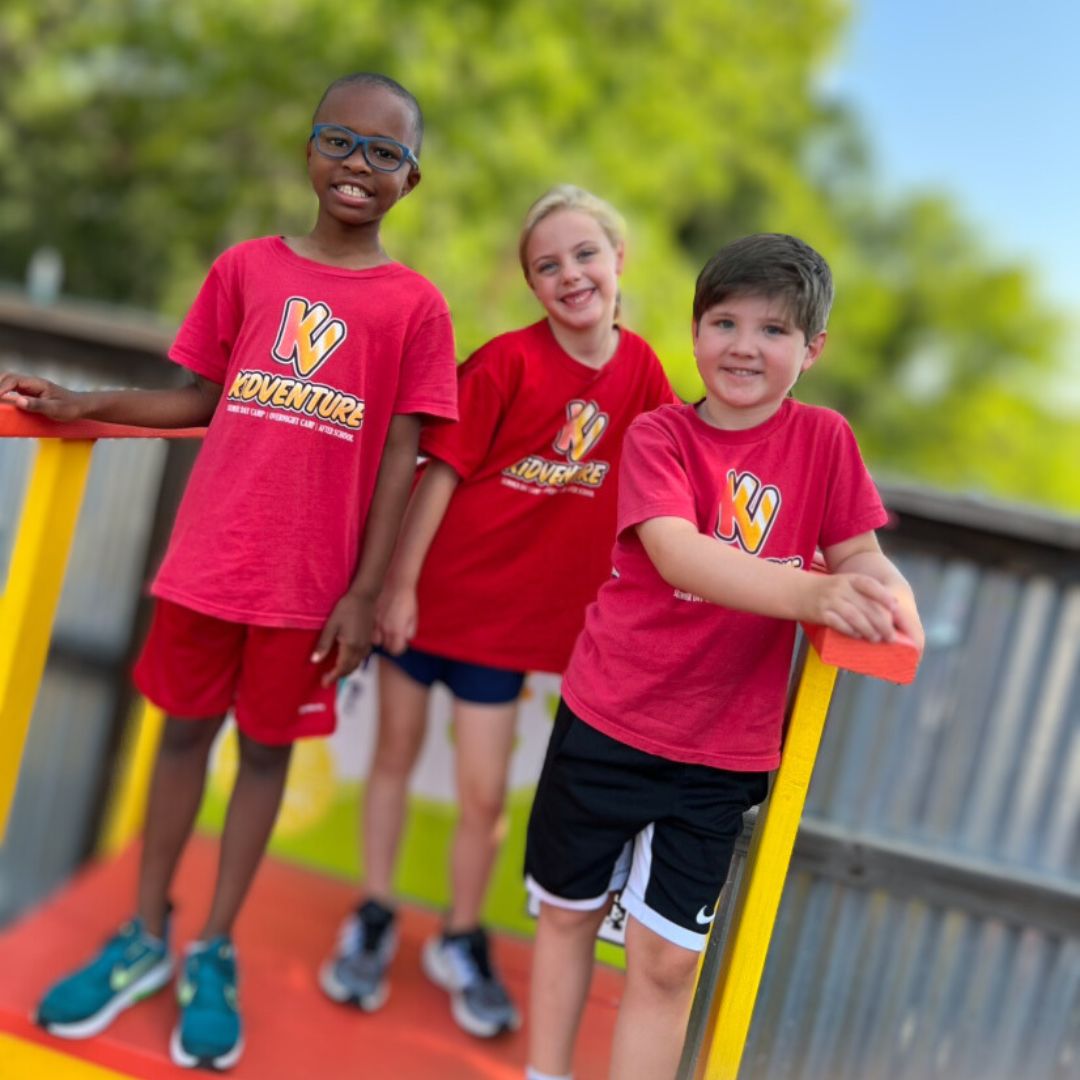
Camps as Economic Powerhouses
Summer camps contribute over $3 billion annually to the U.S. economy, according to the American Camp Association (ACA). They create jobs for counselors, cooks, and activity specialists, often in rural areas where seasonal work is critical. These jobs don’t just sustain camps—they fuel local economies, from the small-town grocer who supplies snacks to the local outfitter providing gear.
A Lifeline for Rural Areas
For many rural communities, camps are more than a summer activity—they’re vital hubs for community building. By hosting events, partnering with local businesses, and attracting families to the region, camps provide a lifeline for economic and social growth.
Transforming Lives Beyond Summer
The bonds formed at camp often extend into everyday life. Parents notice that kids come home from camp more independent, empathetic, and connected. Campers frequently stay in touch with friends they’ve made, creating social networks that enrich their lives for years to come.
A Force for Inclusion
Modern camps are leading the way in inclusivity, offering programs for children of all abilities, backgrounds, and financial means. Through scholarships and community support, camps ensure that every child—no matter their circumstances—has a chance to experience the magic of summer camp.
Did You Know? Studies show that 92% of kids say camp helped them feel better about themselves, and 74% said they tried activities they were previously afraid to do.
The Future of Summer Camps
Looking Ahead: Tradition Meets Innovation
What does the future hold for summer camps? With their deep roots in tradition and adaptability to change, camps are poised to become even more impactful in the years ahead. By embracing technology, sustainability, and inclusivity, camps will continue shaping the lives of children—and the communities around them.
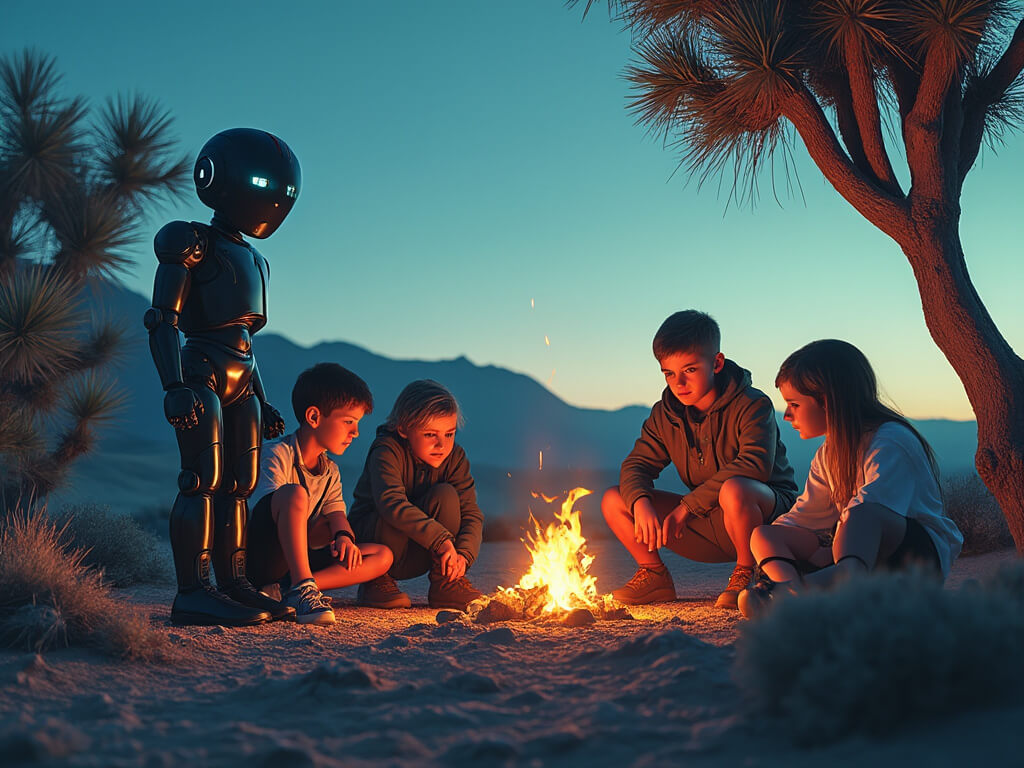
The Rise of Eco-Friendly Camps
Sustainability is more than a buzzword—it’s becoming a core value of modern camps. Solar-powered facilities, zero-waste practices, and conservation programs are helping camps reduce their environmental impact. By teaching kids the importance of eco-friendly living, camps prepare the next generation to be responsible stewards of the Earth.
The Tech-Enabled Camper
While technology-free zones remain a hallmark of many camps, others are embracing tech as a tool for education and creativity. Imagine kids designing robots during the day, hiking under the stars at night, and learning how to balance the digital and natural worlds. This hybrid approach ensures that camps remain relevant while staying true to their roots.
A Place for Every Child
The future of summer camps is inclusive, with programs tailored to children of all abilities, interests, and needs. Adaptive camps are expanding, offering kids with physical or developmental differences opportunities to thrive. Camps are also increasing accessibility through scholarships, financial aid, and outreach programs.
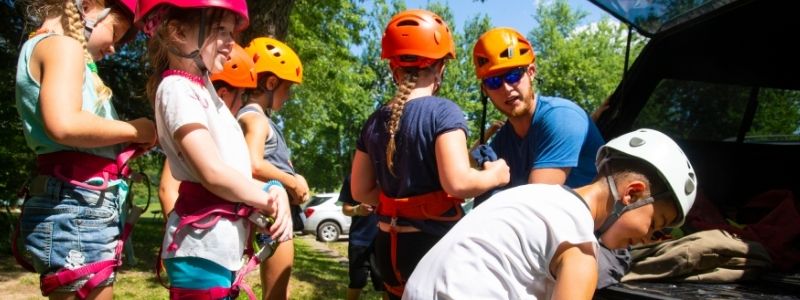
Camps as Year-Round Learning Hubs
Some camps are evolving into year-round educational centers, offering after-school programs and weekend retreats. This shift allows camps to continue making an impact long after summer ends, blending outdoor learning with academic support and leadership training.
Did You Know? STEM-related jobs are projected to grow two times faster than non-STEM jobs by 2031. Camps with STEM programs, like robotics and environmental science, are equipping kids with the skills they’ll need to thrive in the workforce of the future.
A Future of Limitless Possibilities
As society changes, camps will continue to adapt, providing children with the tools they need to navigate an ever-evolving world. Whether through sustainability initiatives, inclusive programs, or cutting-edge education, camps will remain a vital part of childhood—and a beacon of hope for the future.
Discover the Magic of Kidventure
Summer camp is more than just a place to spend time—it’s a launchpad for growth, learning, and lifelong memories. At Kidventure, we’ve spent decades creating camps that inspire, challenge, and empower children to discover their full potential.
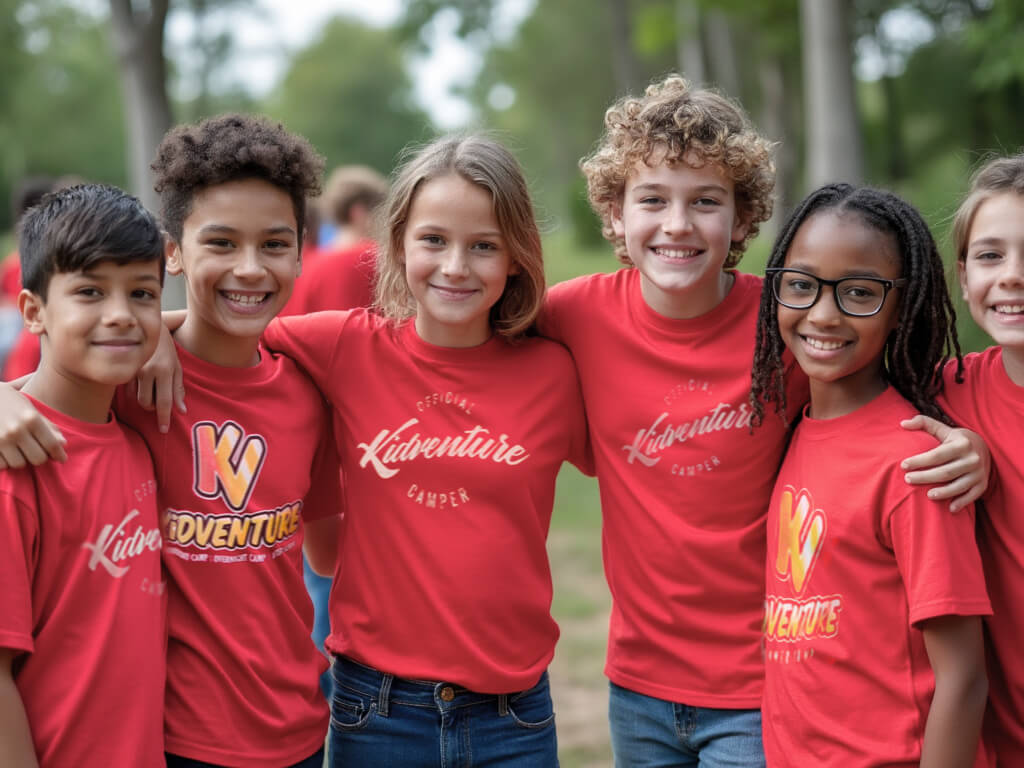
Whether your child is ready to explore the outdoors, dive into creative arts, or develop leadership skills, Kidventure offers programs tailored to every interest and age. With a commitment to safety, inclusivity, and unforgettable experiences, we’re proud to provide a summer that your child will never forget.
It’s time to give your child the gift of adventure, independence, and connection. Visit Kidventure’s website today to learn more about our camps and secure your spot for an incredible summer ahead. Let’s make this summer their best one yet!

